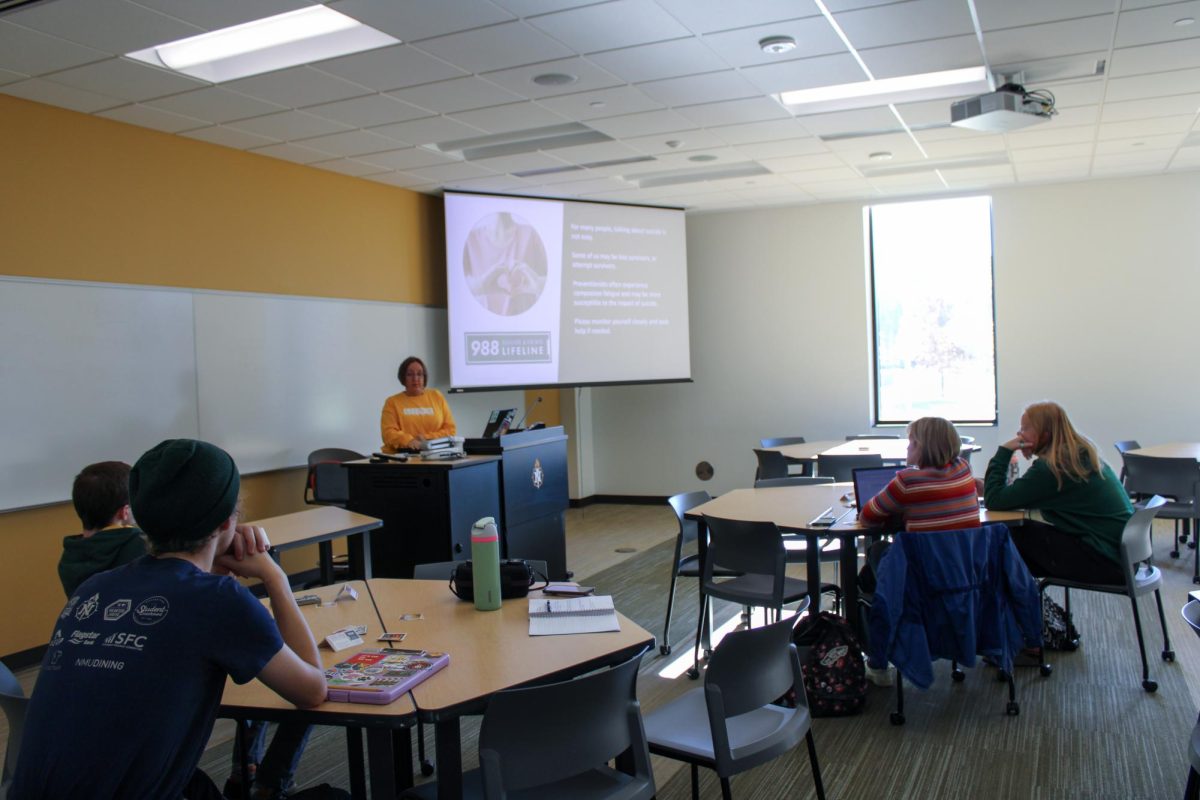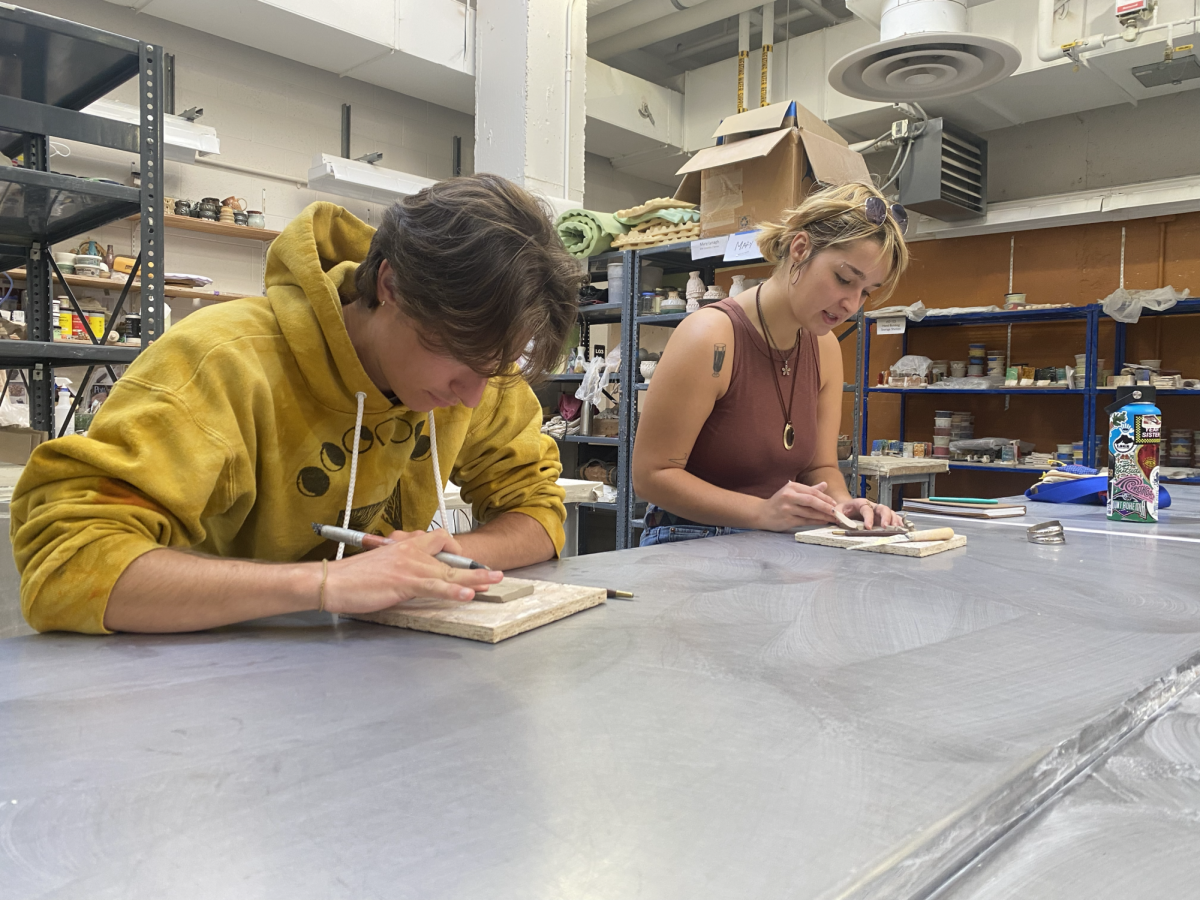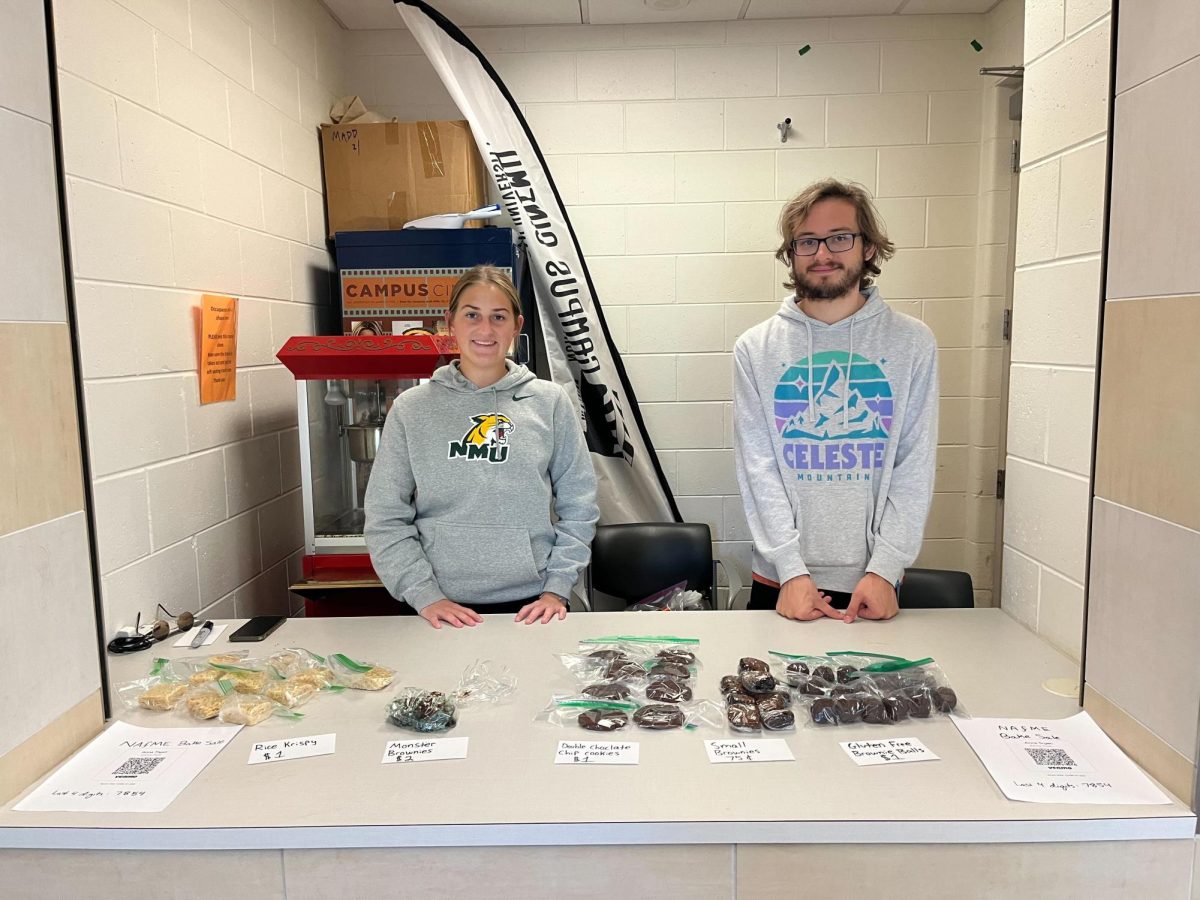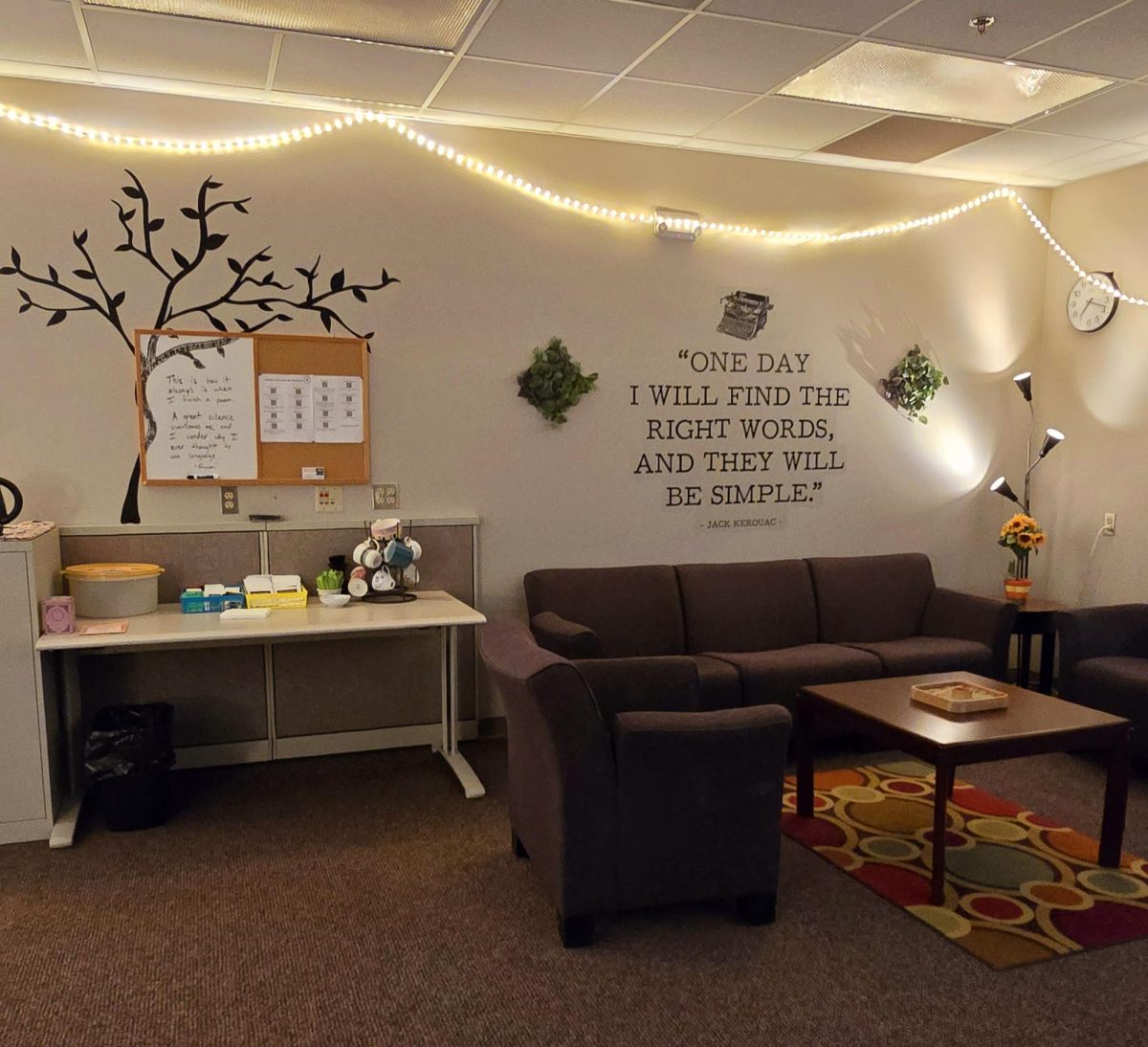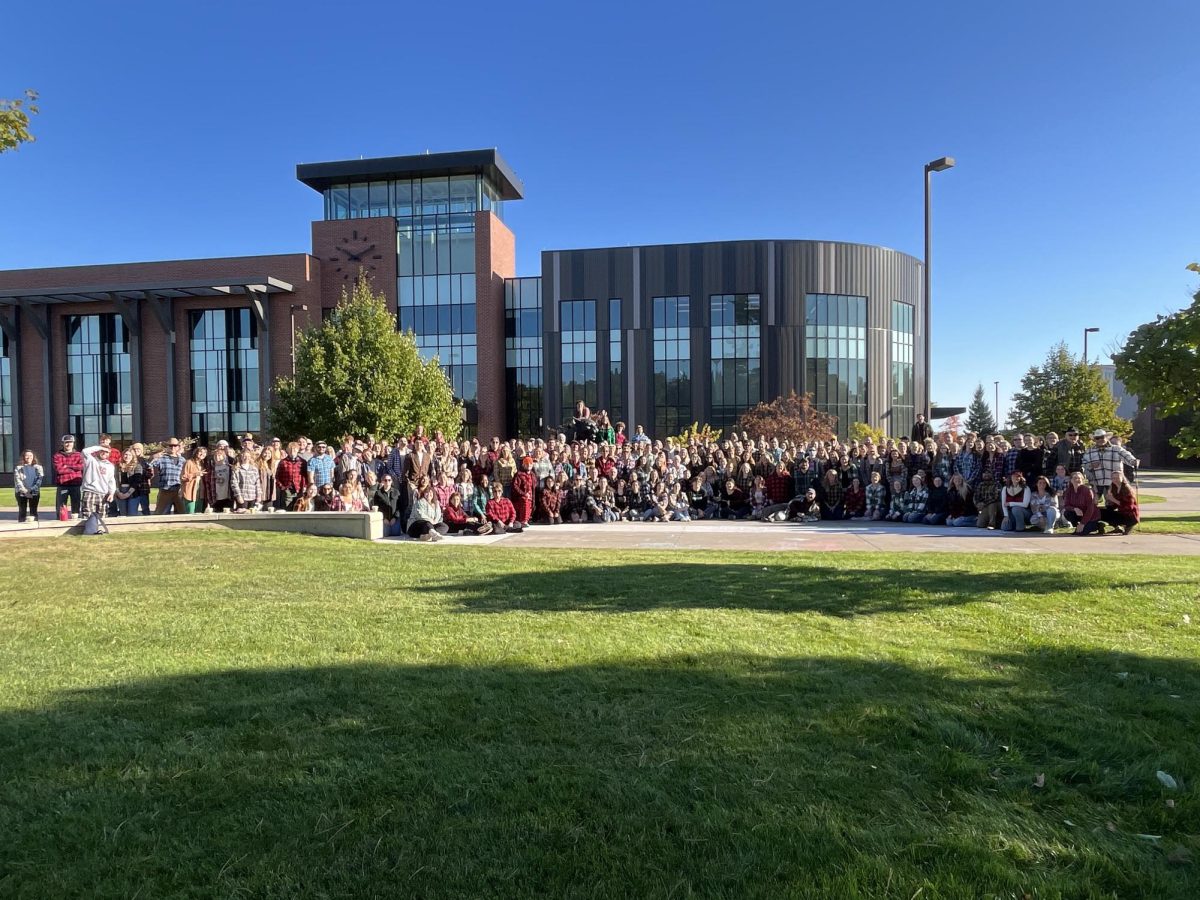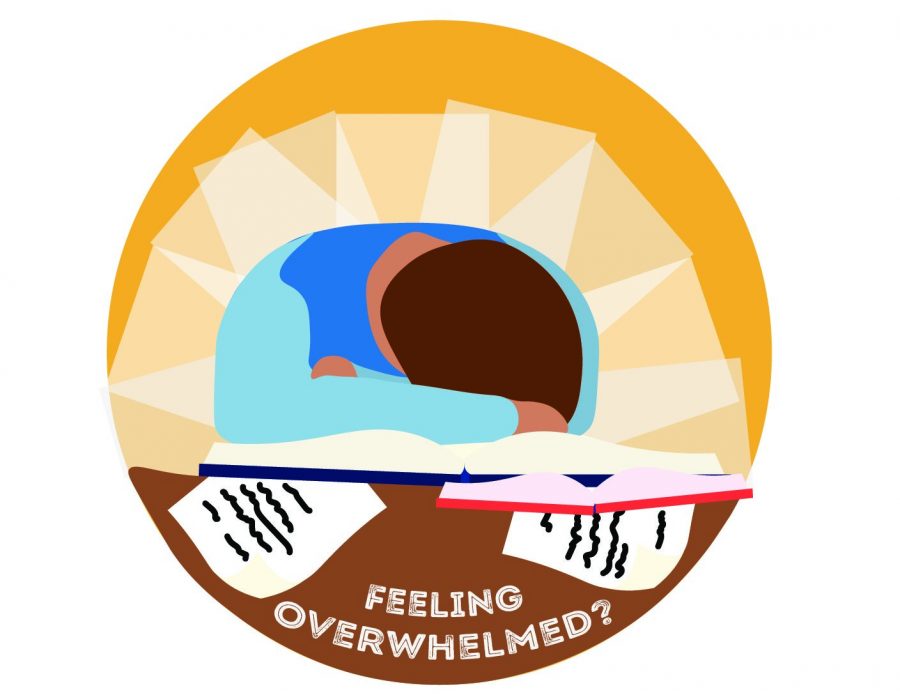Mental health matters
How students are dealing with mental health this semester and resources available on campus
October 1, 2021
The semester is ramping up in intensity, the days are shortening and the seasons are transitioning. During this time, it is easy to get caught up in the busyness of life and to feel overwhelmed with trying to balance class, work, relationships and alone time.
As a college student through the era of COVID-19, climate change and subtle societal change, it is especially important to prioritize caring for one’s mental health.
“To me, mental health is just as important as our physical health, they go hand in hand. Someone could be very physically healthy … but if they are not mentally healthy, they are not going to be able to be productive members of our society,” said Christy Hartline, associate professor in the department of Counseling and Consultation Services. “They are not going to feel up to doing their homework, going to classes, keeping a job, making friends.”
Visiting Counseling and Consultation Services can be helpful for students struggling with mental health challenges.
Hartline stated that it is important to consider mental health holistically and to acknowledge each factor that plays into overall balance such as nutrition, amount of sleep, physical activity, hobbies and relationships.
“For example, let’s say someone comes here … and they are talking about how they feel anxious all of the time. If we were to just focus on that specific symptom, we would be ignoring a lot of other factors that play into it,” said Hartline.
Hartline noted that sometimes the anxiety that students feel is rooted in adjusting to college.
“With college students, a lot of the time they are facing very normal developmental issues that everyone goes through … A lot of our job is really kind of normalizing what they are going through,” Hartline said.
Developing individual identities and belief systems as emerging adults can be confusing because it may be different from the environment in which one grew up. The topic of mental health is important, no matter the origin of imbalance.
“Keeping an eye on our mental health, and kind of assessing it day to day I think can help us prevent it from getting worse in the long run,” Hartline said.
To care for his mental health, sophomore fisheries and wildlife major Nathan Lipchick does things that make him feel more like himself such as getting outside and taking a deep breath.
“I like to set aside time for school, friends and then me time,” said Lipchick. “If you care for your mental health, I feel like it will make you a better person overall. If you just push those bad, negative thoughts aside … it will just weigh on you.”
Lipchick stated that COVID-19 has amplified his feelings of anxiety, and though he is doing better this year than last year, the isolation and online schooling is still difficult.
“I almost feel extra safe behind my mask, but not just because of COVID-19. It is like my little shell almost. It keeps me safe. I know I can hide behind that sometimes,” Lipchick said.
While college can be difficult to navigate behind masks, Lipchick emphasized the importance of assessing his emotions during this time and taking actions that help with feelings of anxiety or depression.
Lorynn Hackert, junior secondary English education major, defined mental health as one’s state of mind.
“If you can’t care for yourself mentally, or you are struggling to care for yourself mentally, then I think it puts up a lot of roadblocks and obstacles to perform well just as a human being,” said Hackert.
As a student, she believes it is important to set attainable goals.
“Don’t extend yourself too much,” said Hackert. “I think students have to remember that you are a person before you are a student … Allow yourself the time outside of school to just be mindful.”
When Hackert is feeling overwhelmed she likes to walk to the beach from her house with her notebook. She will sit there and write whatever comes to mind, getting all of her current thoughts out to make room for more positive thoughts.
“I recommend always to write when you are upset, even if you are not a writer because it is just important to put your thoughts on paper,” said Hackert. “When you do decide to write, don’t let perfection be your oppressor.”
However, when writing falls short there are other resources on campus for students to seek support.
“For example, NMU purchased access to this online program called Therapy Assistance Online. There is a lot of great psychoeducation on there about different struggles people face, but also self-help modules,” said Hartline. “If they are ready to talk to somebody … talking to their friends, family, roommate — that is a source of support.”
The Counseling Center, Health Center, Support Services, Disability Services, and Academic and Career Advising Center are always resources for students as well.
NMU also offers after-hours services called Health Advocate. Students can call or text the number for times of crises when other resources are not available.
For more information visit https://nmu.edu/dso/health-advocate or https://nmu.edu/counselingandconsultation/.


